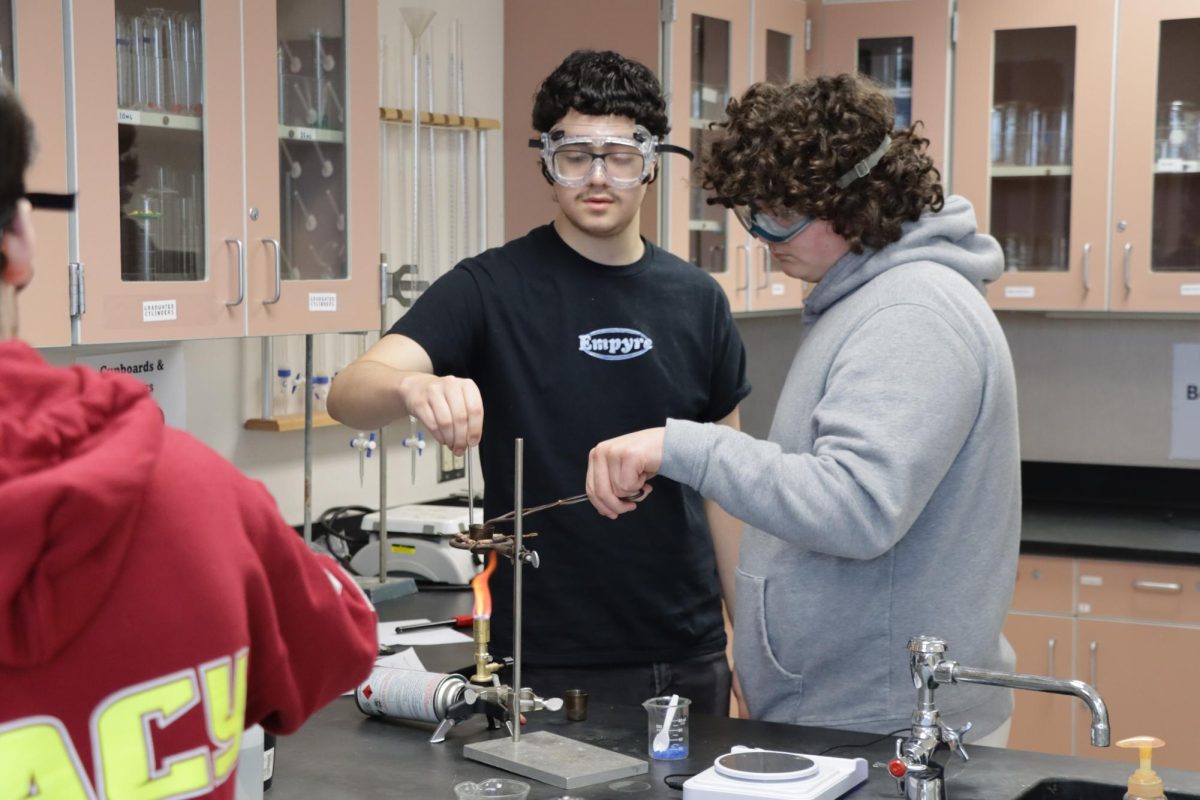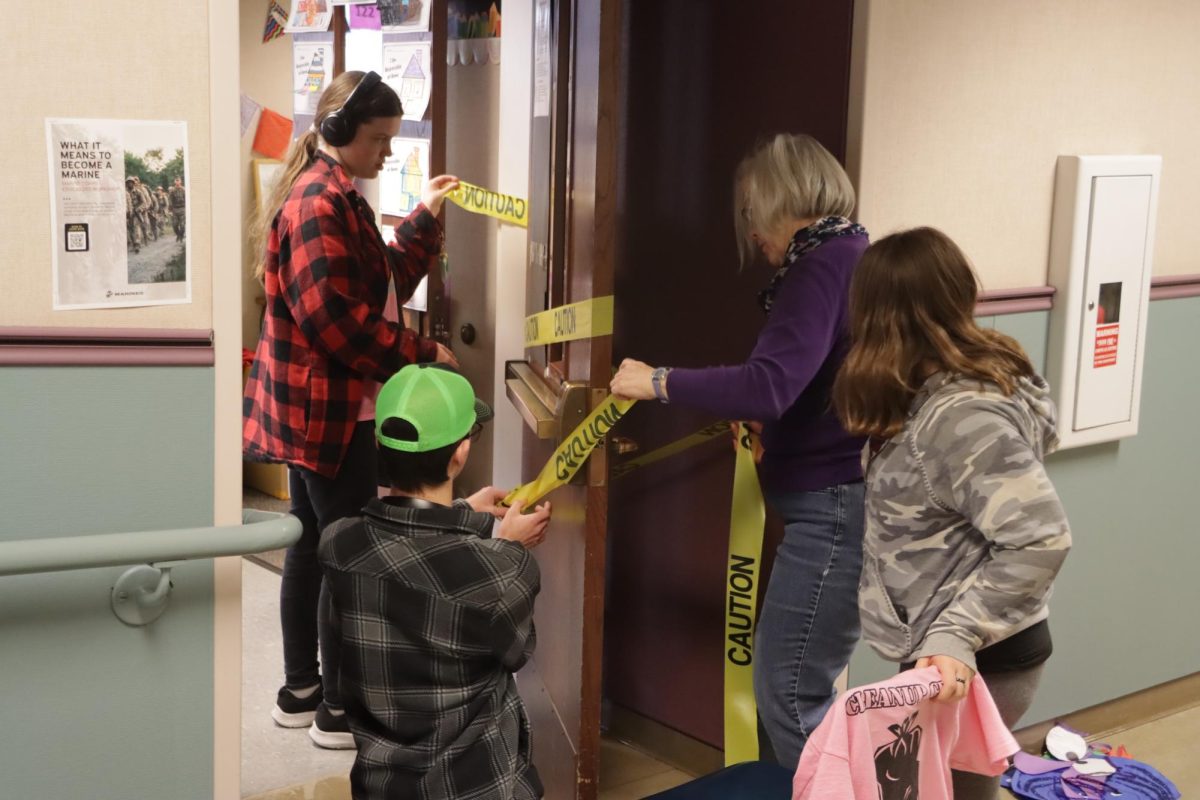It has been 12 years since voters last passed a bond for the Puyallup School District.
This November election, voters will have the chance to vote on a new school bond, intending to address overcrowding and expected growth at the elementary level.
Superintendent Dr. Timothy Yeomans provides further details as to what the bond intends to address.
“[The bond] pays for five elementary school projects. That is a brand new elementary school on the southwest side of the school district, 144th Street. It also pays to rebuild or remodel four other elementary schools; it adds 2,740 seats for elementary students,” Yeomans said.
While the bond will not directly affect PHS, or any other high school, Principal David Sunich thinks that it may improve the community experience of the schools.
“There will not be any projects directly tied to the high school level. However it is within our community. It is going to help [out] with all of our families and kids and I think eventually kids coming to PHS will have had a better experience in the Puyallup School District knowing they were not jam packed into overcrowded schools,” Sunich said.
In order to fund the elementary projects, the bond will increase taxes for homeowners by $5.
“The actual amount that would be authorized by the voters would be $292.5 million. The average homeowner would pay 2 cents per $1,000 in assessed valuation. The average homeowner would pay about $5 a year more in taxes [than] they currently are paying,” Yeomans said.
Community member and parent Kayla Halseth, while acknowledging that she had not read the bond, describes some of her thoughts.
“I think it would be great. It depends on what they are thinking of doing with the tax dollars, how they are planning on paying for it and what the money is going towards [the bond]. I think we have a lot of growth with the children in the area. I think [it] would be good because the schools are kind of crowded right now,” Halseth said. “I just think that there are a few schools that everyone wants to go to and certain schools people try to avoid; it would be a good idea to put more money to the schools that nobody wants to go to. That way it might attract more people but it is definitely better for parents and students to have more room for children to go to classes.”
If the bond were not to pass, it is likely that the district would attempt to pass the bond again. If it failed, even on subsequent attempts, then the elementary schools would have to use a process called double shifting in order to handle the incoming students.
“What double shifting means is you have one group of students that comes very early in the morning–about 5:45 in the morning–they go to school until about 1:30 in the afternoon. Then you have a whole other group that comes at two and uses the same building until eight at night. Those places where double shifting happens are really bad situations. It is not ideal for the community,” Yeomans said.
Yeomans says there is a plan if the bond does not pass next month.
“If it does not pass I would ask very respectfully of the board to run it again in February. If it did not pass then [they] would run it again in the next November,” Yeomans said.





